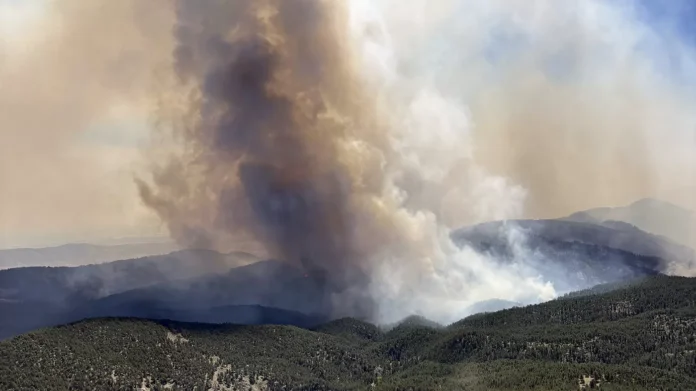Misleading Information on Climate Change: A Barrier to Environmental Action
The devastating effects of climate change are undeniable, yet the global response to this pressing issue falls short of what is needed. According to a new research report by the International Panel on the Information Environment (IPIE), misleading information about the nature of climate change is playing a significant role in delaying and complicating efforts to combat it. In a world where information is easily accessible and influential, this is a critical concern that must be addressed.
The IPIE report, released earlier this month, sheds light on the role of powerful actors in spreading inaccurate and deceptive information about climate change. These actors include governments, political parties, and corporations, who often prioritize their own interests over the well-being of the planet. Their actions not only mislead the public, but also obstruct effective policies and actions to address climate change.
One of the most concerning findings of the report is that these powerful actors intentionally spread misinformation about climate change, creating doubt and confusion among the general population. This is done strategically, in order to protect their own financial interests and political agendas. By doing so, they create a false sense of debate and controversy around a scientific fact that is widely accepted by the international community.
The consequences of this deliberate misinformation are dire. It hinders public understanding and support for necessary actions to mitigate the effects of climate change. It also delays the adoption of environmentally friendly policies and practices, as well as individual actions that could have a significant impact on reducing carbon emissions. In short, it is a barrier to meaningful progress in the fight against climate change.
The IPIE report also highlights the importance of media coverage in shaping public perception on climate change. It acknowledges that some media outlets have played a positive role in educating the public about the urgency of the issue, but also notes the prevalence of biased and misleading information being disseminated by certain media sources. This further blurs the lines between fact and fiction, making it difficult for the general public to distinguish between credible and fabricated information.
Moreover, the spread of misleading information also undermines the credibility of reputable scientific institutions and experts. This is particularly concerning as their voices and research are crucial in guiding policies and actions to address climate change. By questioning their findings and expertise, the powerful actors behind the spread of misinformation cast doubt on the scientific consensus on climate change and confuse the public.
It is evident that the intentional spread of misleading information is a major roadblock in the fight against climate change. But what can be done to combat this issue? The IPIE report outlines some key recommendations, including stricter regulations on information dissemination, increased transparency and accountability among powerful actors, and proactive measures by media outlets to fact-check and verify information before publishing it.
However, the responsibility to combat this issue is not solely on the shoulders of governments and other actors. As individuals, we also have a role to play. We must actively seek out credible sources of information and be critical of what we read and hear. We can also use our own platforms and influence to spread accurate information and raise awareness about the urgency of addressing climate change.
In conclusion, the IPIE’s research report is a wake-up call for action on the issue of climate change. It sheds light on the damaging impact of misleading information and emphasizes the need to address it urgently. As a global community, we must come together to hold powerful actors accountable, promote transparent and accurate information, and take concrete steps towards mitigating the effects of climate change. The time to act is now, and we must not let the spread of misleading information stand in the way of ensuring a sustainable and liveable future for generations to come.

